- Why do I want to read more?
- What is my attention span right now?
- What is my reading comprehension right now?
- What’s standing in the way of me reading more?
Let’s start at the top with an easier one.
Why Do You Want To Read More?
The first step of achieving any goal is figuring out your why. I encourage you to dig deep here. If you want to read more because you have an amorphous sense that it’s something you should do, that’s not going to take you very far.
Book Deals
Sign up for our Book Deals newsletter and get up to 80% off books you actually want to read.
Consider whether you can achieve the same goal other ways—for example, if your goal is to learn more about history, maybe it’s easier to start by watching a documentary once a month.
Did you read a lot when you were younger and want to return to that enjoyment? That’s a different starting point than if you were never a big reader and need to develop those habits in the first place.
Make sure that the books you’re choosing line up with your goal. If you want to read more because it helps your mood, struggling through a dense, frustrating book is counterproductive. Conversely, if you want to read to challenge yourself, something breezy is not the best choice.
Now, let’s get into the tougher questions.
What is Your Attention Span Right Now?
I often see people trying to get into (or back into) reading by picking up classic novels. Often, they’ll struggle to finish them and end up giving up on their reading goals altogether.
Some of us have ADHD or other factors that lead to difficulty regulating our attention spans. But those aren’t the only people struggling with paying attention long enough to finish reading a book.
We’re living in the time of TikTok. Social media is optimized to grab your attention within seconds. We’ve gotten used to consuming most of our information in bite-sized pieces. It’s no surprise that even neurotypical people’s attention spans are damaged. Reading more is a great way to try to repair some of that damage… but first, you have to face reality.
Teachers often talk about “meeting students where they are.” Students all have their own unique skill sets, life experiences, interests, and obstacles. They learn best when education to tailored to them, instead of expecting an entire class to learn at the same pace. The same is true of getting back into reading. You need to know where you are right now in order to improve. If you struggle to watch a YouTube video for five minutes without clicking away, you’re likely not going to be able to read a book for hours.
This isn’t supposed to be shaming: show yourself some compassion. If you can’t concentrate on reading for five minutes, that doesn’t mean you should stop trying. It just means you should use a different approach.
Here are some tips for how to start reading more with a short attention span:
- Find a book that pulls you in from the first page. That might mean a thriller, a sci-fi novel, a celebrity memoir, erotica—whatever appeals to you. Try reading the first pages of a bunch of books at the library or bookstore. Most ebooks also allow you to read the first few pages before buying.
- Keep it short. Set a timer for five minutes, or tell yourself you’ll just read five pages. You can always keep going if you want to, but at least at first, keep the bar low.
- Note when your attention drifts. Think of it like meditation: if you notice your mind has wandered, gently bring it back to reading. Don’t get angry at yourself for this; just consider it a part of the process of getting used to reading.
- Read along to an audiobook. If you’re struggling to concentrate while reading, your miles may vary on listening to an audiobook. You might be able to do the dishes while listening to an audiobook and concentrate better than with text. Or, you might completely tune it out. An under-utilized technique, though, is listening to the audiobook while reading along in the text. You can adjust the speed of the audiobook if it feels too slow. This not only makes it easier to concentrate, but it also helps comprehension, since you’re absorbing the information in two ways.
What is Your Comprehension Level Right Now?
54% of Americans (aged 16-74) read at under a sixth grade level. Often, we thinking of learning to read as binary: a skill you either have or don’t have. But learning to read is more like learning the play the drums—there’s a big difference between being able to hit a drum with a stick and being a professional. Likewise, there’s a difference between being able to decode letters and fully comprehending the layers of meaning in a text.
It can be difficult to assess your own comprehension, but it’s worth thinking about. After you read a chapter of a book, note down what happened and what it made you think about. After finishing a book, try answering the questions, “What was the author trying to do with this book? What was the message?”
Like your attention span, comprehension can be improved, but only once you know where you’re starting from. Here are some tips to increase your comprehension while reading more.
- Start simple. If you pick up a classic and can’t summarize the first chapter, it’s probably not the best place to start reading again. Find a book that’s easier to follow at first, and you can start increasing the difficulty from there (if you want), once you’re in the habit of reading.
- Take notes. Annotating or otherwise taking notes is a great way to help your comprehension, and it also keeps you focused. There are a ton of different annotation strategies, but you can start by just noting whatever pops into your mind while reading and summarizing at the end of a chapter. Remember, these notes are for you! You don’t have to impress anyone with them.
- Read along to an audiobook. Yes, I’m repeating this tip. Listening to an audiobook while reading along means you get the benefits of both formats—for example, you can see how a fantasy novel place name is both spelled and pronounced. That can make it easier to understand.
What’s Standing in the Way of You Reading More?
Here’s one more set of questions to be honest about: why aren’t you reading more? What would your ideal reading life look like? What would you have to sacrifice to get there?
The easiest answer to “why aren’t you reading more?” is “I just don’t have the time.” For some people, that may be true—though there’s only so long you can operate without any leisure time at all, so it’s worth digging deeper even then. For most people, though, our screen time says otherwise. Do you really not have 15 minutes a day to read if you’re spending three hours a day on TikTok?
On the other hand, maybe the sacrifice isn’t worth it. I could read more if I spent less time watching TV, but that TV-watching time is social. It would mean giving up hanging out with my roommate while we laugh and talk over half of Taskmaster, and it would be a net loss in my life to trade that time to read by myself.
Each obstacle will require its own strategy to overcome, whether it’s turning your phone display to black and white or listening to an audiobook while walking the dog or reading something fluffy and comforting after a hard workday.
There’s also a chance that you realize that it isn’t realistic to read a lot at this point in your life, and that’s okay, too. Reading has its benefits, but so do many ways to spend your time: volunteering, yoga, making art, spending time in nature, etc. Unfortunately, time is a finite resource in our lives, and every activity means sacrificing something. Make the choice that makes sense to you.
Once you’ve answered these questions, we have plenty of other tips to help you read more:


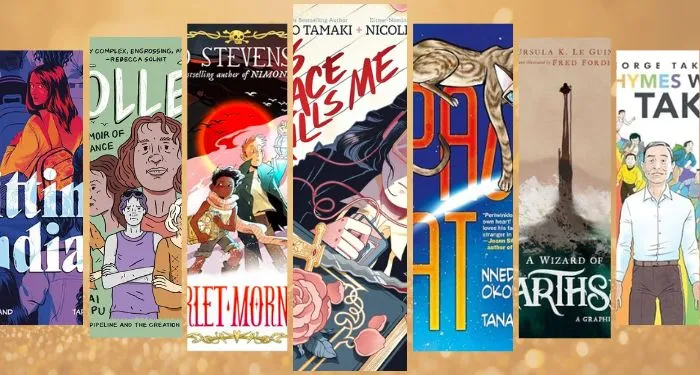


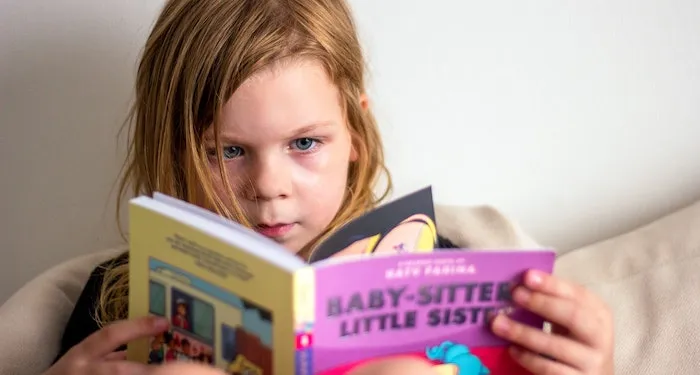

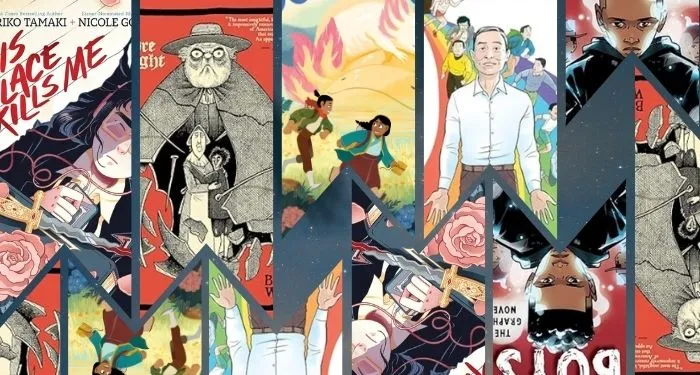


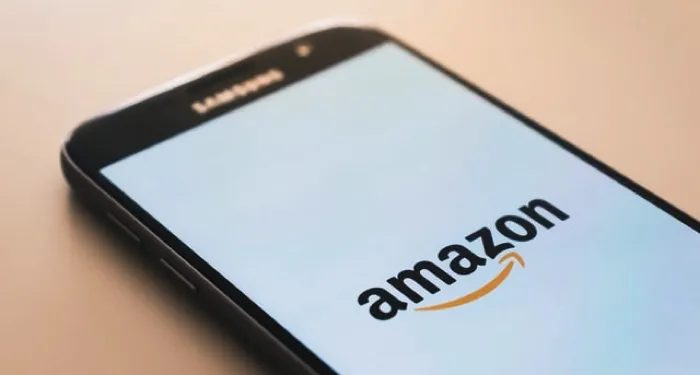


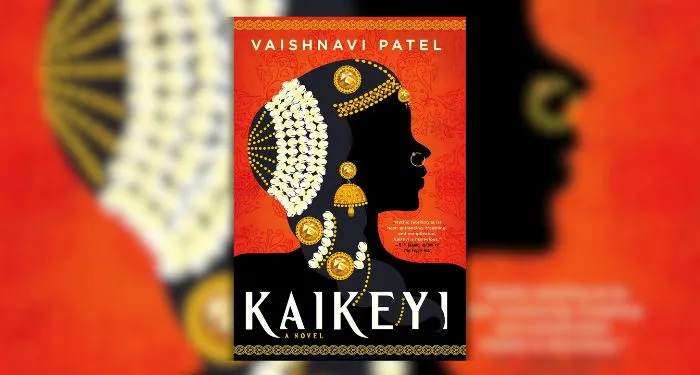


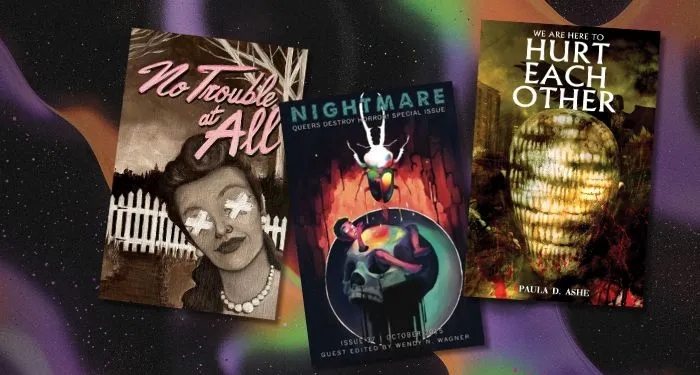


 English (US) ·
English (US) ·